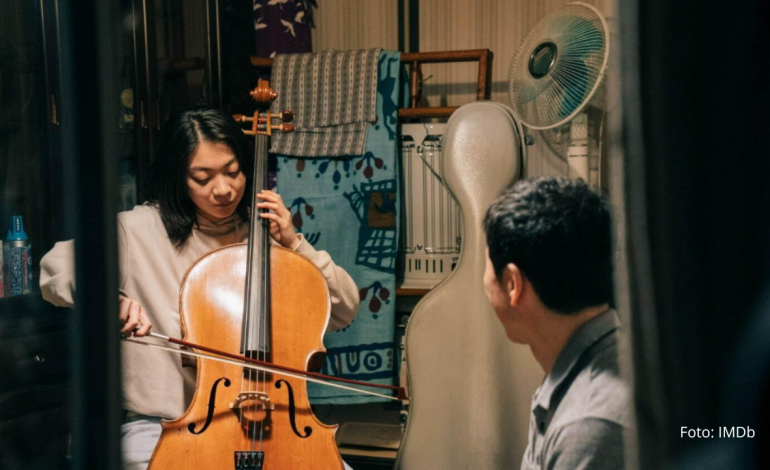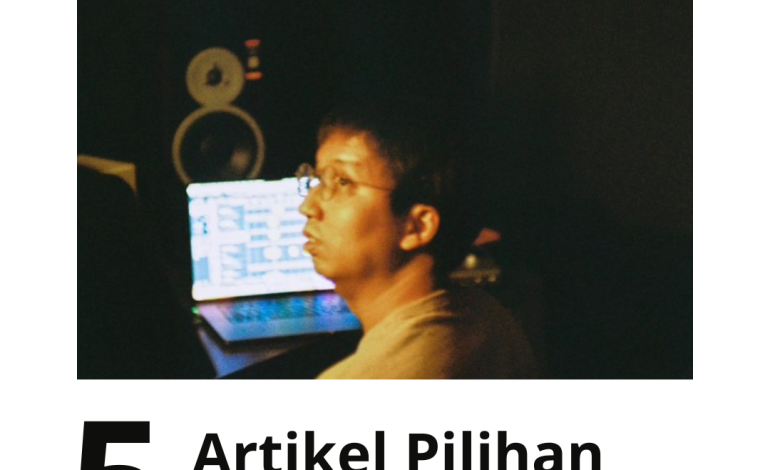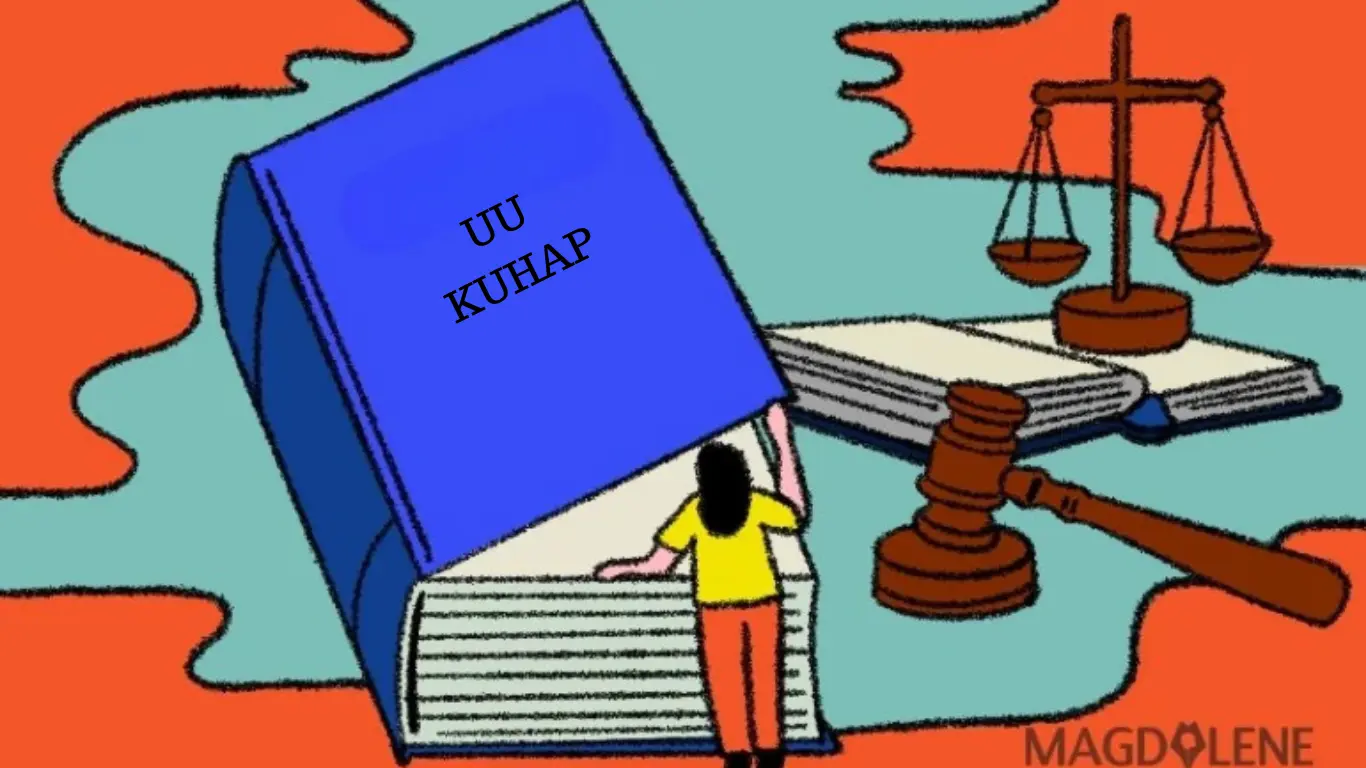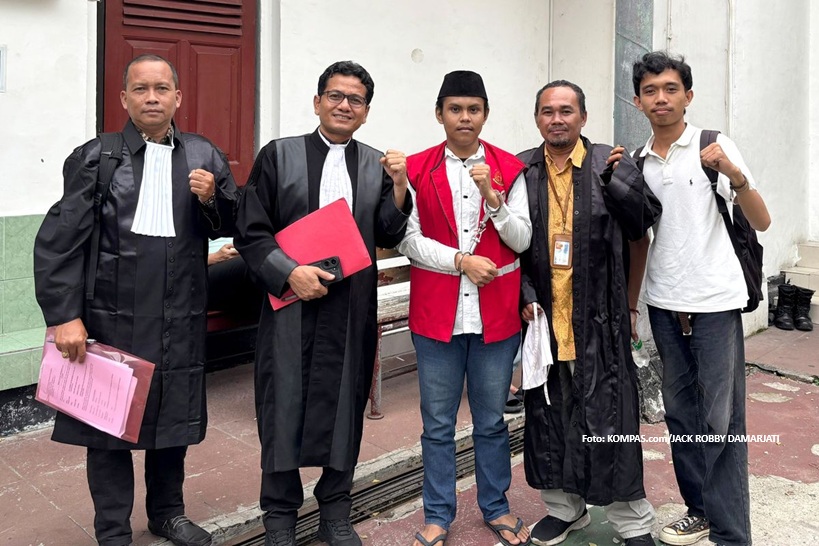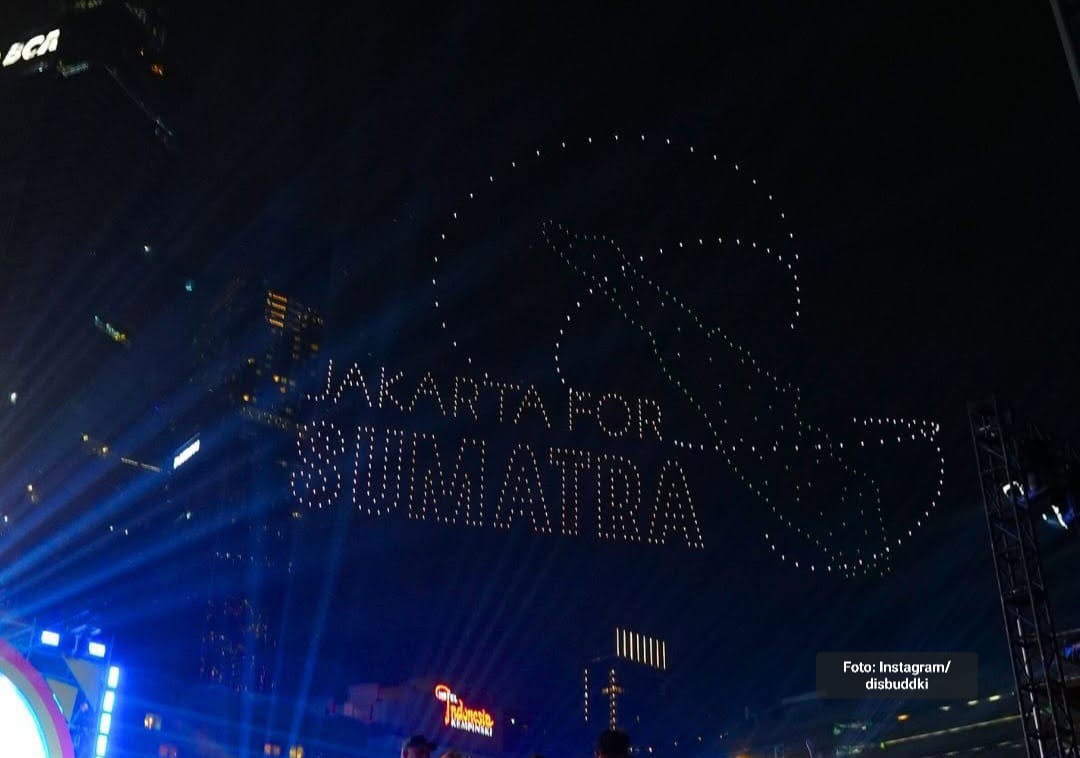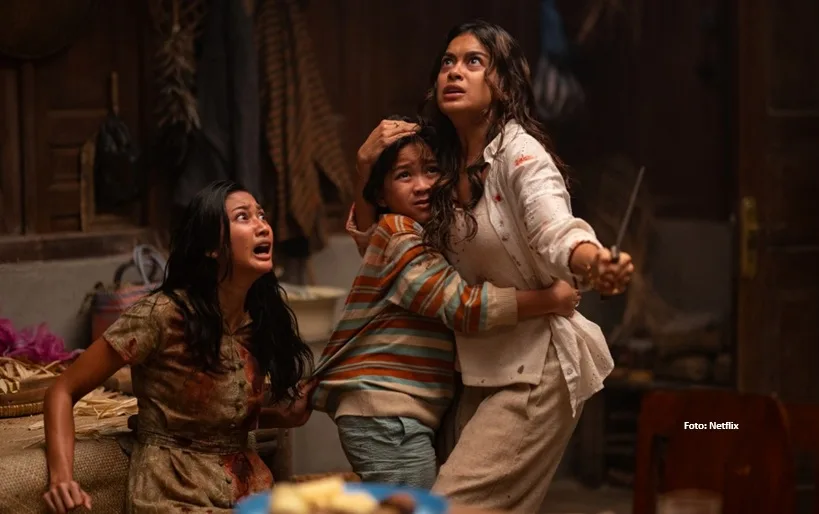The Conversation With the Composer of “How to Make Millions Before Grandma Dies”
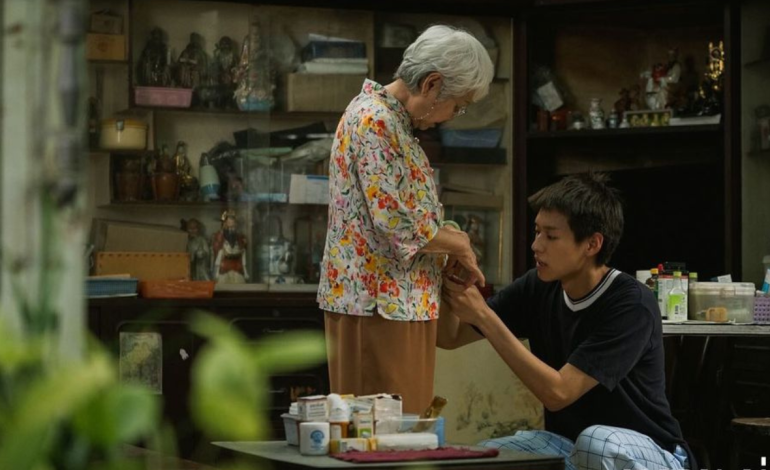
When you read this article, a Thailand film distributed by Klikfilm will most likely have 3 million tickets in Indonesia. How to Make Millions Before Grandma Dies (moving forward this title will be referred as “Grandma”) was a sensation. It was a box office success and critically acclaimed. People watch this movie more than once just because they want to or just because they want to ask their other loved ones. I watched the movie three times for the same reason.
One particular scene made me realize the scoring in this movie is genius. Oscar-worthy genius. The more I watched it, the more I realized that I found an element compelling and overlooked the first time viewing the movie: the score.
Also read: ‘Baby Reindeer’: How the Show Brings a Fresh Perspective to Male Sexual Victimisation
I spoke with the composer, Jaithep Raroengjai (who prefers to be called Kongin Zoom). We talked about how I loved the movie and the score, what films inspired him to be a composer, and our admiration for Studio Ghibli’s Oscar-winning movie “Spirited Away”. But more importantly, we also discussed his creative process, how he approached his work as a composer, and what made the film so powerful.

The Music Sounds Natural
When I reached out to Kong, he was rather surprised as he rarely got the opportunity to talk about his work. But I knew that there was something special about the music of the film and I wanted to talk to him; hence I reached out to him.
Kong mentioned that the director, Pat Boonnitipat, had a strong vision that the film has to be natural. That was the key they applied across all departments: art direction, cinematography, costume, and score. The film has to look and feel real, raw, and close to the audience.
Natural key themes are also translated into the music department. The scoring is very subtle in that we’re unaware they’re there because the sound editor made sure it sounded like there’s an actual piano recorded in the scene shot instead of a music that’s edited in the post-production. Yet, the dramatic scenes will use a different strategy because the music will be more noticeable in terms of volume, dynamic, and clarity so it no longer sounds subtle. We can very much tell the music is there.
Also read: Furiosa: A Mad Max Saga Does Little to Address Australia’s Dark Past
For example, in the opening scene where M first comes to Amah’s house, there is a score playing in the background. Yet, the sound is immersed in the sound editing. We hear the piano playing over the bird chirps and the cat meowing.
This treatment is often used throughout the whole film. The scoring often plays in the most quietest moment, or when we can hear the character’s step or doing some activities on the screen. It seems the music plays right where the scene was shot. That is probably why we often overlook it. Yet, Kong has used several notes that plant a sense of familiarity to the audience.
And so, when the film reached the third act, we heard very strong music that was no longer playing in the background. The music titled “Grandma’s Home” is what’s played when M and his family take Amah to the funeral. This is also the scene that made me cry three times.
Having discussed this with Kong, I realized that when the score was played ultimately, my emotion got unleashed and that’s probably why we cried ugly even after the credits rolled. Besides the acting performance, scoring is probably what could be shown more strongly in the dramatic moment. The notes planted by Kong to enhance the sense of familiarity makes the music feel complex, yet close at the same time. It only feels natural to listen to the score.
Even when it played in the dramatic moment, I can still feel that the music does not dominate the film. Kong mentioned they have a sound engineer to thank regarding that. Making sure the whole sound has to sound natural is also how the film department remains consistent with the director’s vision.
Thailand’s Submission to the Oscar
GDH, the studio behind “Grandma” has a very good trajectory. In the last 4 years, Thailand’s Oscar submissions have been from these studios. Happy Old Year (2020), The Medium (2021), One for the Road (2022), and Not Friends (2023). With box office and critical success, it seems undeniable that this film submitted for the Oscar for the international feature film.
I wanted to campaign Kong for the original score race in the Oscar. Yet, the Academy didn’t nominate a film that has no US distributor. In The Boy and the Heron, distributed by GKids, Joe Hisaishi should have gotten the overdue recognition he deserved. He got the Golden Globe nomination and Oscar shortlist but failed to land a nomination even though the film won in the animated feature category over the Spider-verse franchise.
Even though GDH has an international unit named Out of the Box, this unit tends to focus on distributing international films in Thailand rather than distributing Thailand films internationally. Films like Past Lives and Ferrari were distributed in Thailand under this unit.
Kong might need to have a similar obstacle. Hollywood-based institutes such as the Academy of Motion Picture of Arts and Sciences (AMPAS) rarely nominate non-white, non-US distribution films. Especially if it’s from South East Asia. Indonesia had the same problem.
Also read: ‘Baby Reindeer’: How the Show Brings a Fresh Perspective to Male Sexual Victimisation
Oscar-aside, “Grandma” remains a film that’s not only relatable but also important for the audience to ponder. When questioned about this success, Kong mentioned that he did not see it coming. But he seemed happy with the audience’s reaction, especially those who love his music.
Despite that, the song’s not available to music streaming platforms. Kong mentioned since the rights belong to GDH, it’s their call. Yet, if there are many requests, he said that maybe he could persuade GDH to publish it so we can enjoy the music of “Grandma” and ponder wherever we want.
So maybe what we could do now if we love the music in “Grandma”, is tagging the GDF social media accounts and force them to release the music on digital platforms.

